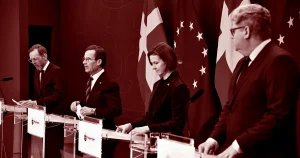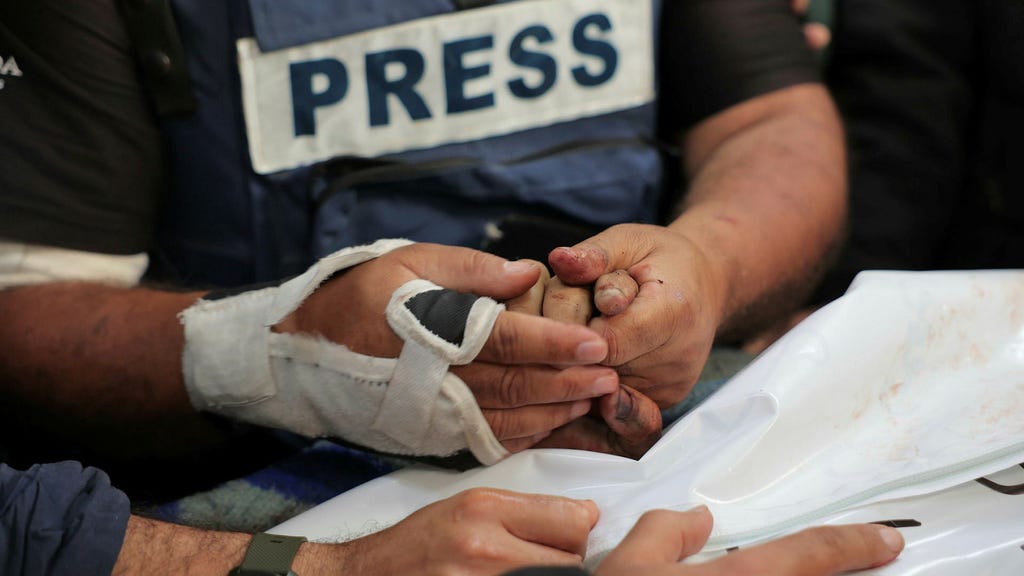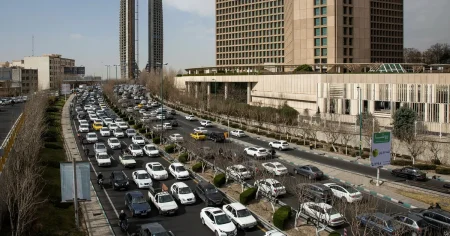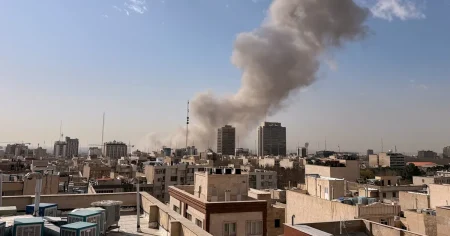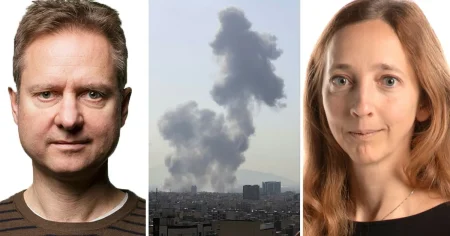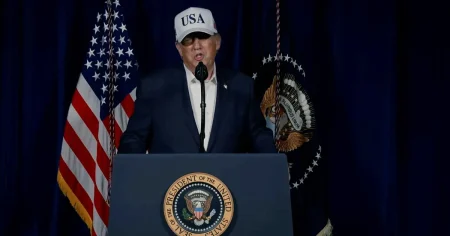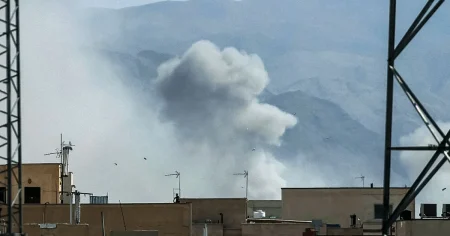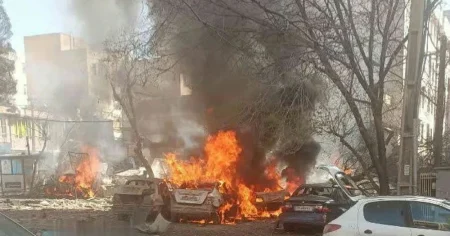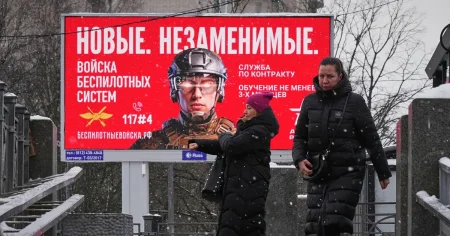The Critical Need for Open Access for Journalists in Gaza
The protracted conflict in Gaza has not only resulted in immense human suffering but also a near-total blackout of independent reporting from within the besieged territory. Since October 2023, international journalists have been barred from entering Gaza, effectively silencing crucial firsthand accounts of the unfolding crisis. This media blackout, imposed amidst a backdrop of escalating violence and humanitarian catastrophe, has drawn sharp criticism from international press freedom organizations like Reporters Without Borders and the Swedish Publishers’ Association. These organizations have repeatedly appealed to Israeli authorities to lift the restrictions and allow journalists to exercise their fundamental right to report freely, emphasizing the public’s right to know and the essential role a free press plays in holding power accountable. The absence of independent reporting fuels misinformation and propaganda, hindering any attempts at fostering understanding and ultimately peace in the region.
The prolonged absence of international media has left a void in the coverage of the Gaza conflict, leaving the world largely reliant on official pronouncements and potentially biased information. While local journalists have courageously continued to report from within Gaza, they operate under extremely challenging and dangerous conditions. The risks are not merely abstract: Reporters Without Borders estimates that over 150 journalists have lost their lives during the 15-month conflict, at least 41 of whom were killed in the line of duty. This appalling statistic underscores the perilous environment for journalists working in conflict zones and highlights the urgent need for their safety and protection. The continued restriction on international media access effectively leaves the local journalists even more isolated and vulnerable.
As the prospect of a ceasefire emerges, hopes are rekindled for the restoration of press freedom within Gaza. Reporters Without Borders has reiterated its call for open access, stressing the crucial role journalists play in documenting and verifying the terms of any ceasefire agreement, investigating potential violations, and holding both sides accountable. Independent reporting is essential for building trust and supporting the work of any justice mechanisms deployed to investigate alleged war crimes or human rights abuses. Access for international journalists is not just about reporting the news; it’s about contributing to a more comprehensive understanding of the conflict and promoting accountability, transparency, and ultimately, a lasting peace. This access is crucial for independent verification of events, which is all the more critical in a conflict marked by accusations of disinformation and propaganda from both sides.
Erik Larsson, chairman of Reporters Without Borders Sweden, has echoed these calls, emphasizing the imperative for international media to be allowed into Gaza to monitor and report on the situation, especially in the event of a ceasefire. He argues that the presence of international journalists is vital to counter the dissemination of misleading or biased information from either side of the conflict. Larsson believes that allowing international media access would not only contribute to a more accurate understanding of the situation on the ground but also demonstrate a commitment to transparency and accountability, particularly important for Israel’s international standing. Restricting access, on the other hand, raises concerns about potential attempts to conceal human rights violations or other sensitive information, ultimately undermining efforts to build lasting peace.
Larsson further argues that Israel’s willingness to allow open media access after a ceasefire could be a significant step towards restoring its international image. Allowing independent scrutiny of the conflict’s aftermath, including investigations into potential human rights abuses and war crimes, would signal a commitment to transparency and justice. Coupled with the release of any journalists detained during the conflict, this would send a strong message that Israel values press freedom and is committed to upholding international law. However, the fragile and uncertain nature of the proposed ceasefire necessitates caution. The frequent shifts in the negotiations, punctuated by delays and disagreements, underline the volatile nature of the situation and the challenges in achieving a lasting truce.
In the event that a ceasefire does hold, the journalistic community faces a formidable task. Verifying adherence to the ceasefire terms and monitoring any potential breaches will be crucial. Equally important is documenting the humanitarian situation within Gaza, assessing the extent of the damage, and highlighting the ongoing needs of the civilian population. Journalists will also play a vital role in investigating allegations of war crimes and human rights abuses, contributing to the pursuit of justice and accountability. Finally, and perhaps most importantly, journalists will be tasked with humanizing the suffering, giving voice to the victims of the conflict, and providing a platform for their stories to be heard. Their work will be essential not only for documenting the immediate aftermath of the conflict but also for understanding its long-term consequences and contributing to the arduous process of building lasting peace.


